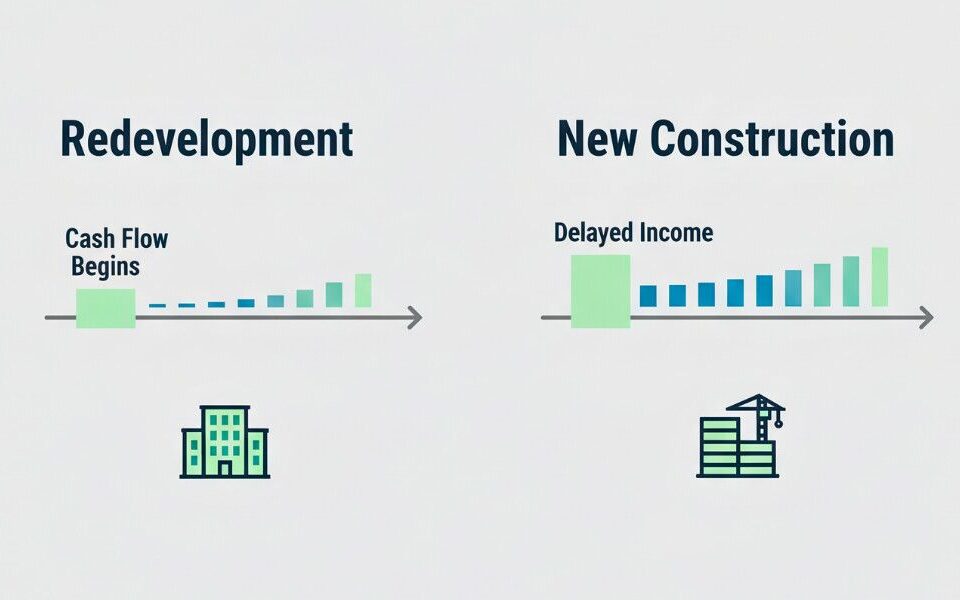Seasonality in Leasing Commercial Real Estate in Lake Havasu City

Owning and leasing commercial property in Lake Havasu City can be a great investment. However, the area experiences significant seasonal shifts in the commercial space market. While most markets see seasonal changes, being a tourist destination makes them more pronounced. Beyond the standard issues of commercial lease agreements, property owners must also account for seasonal trends. This post will explore the impact of seasonality on leasing commercial real estate in Lake Havasu.
Managing Seasonal Trends When Leasing Commercial Real Estate
Peak Season to Off-Season
Lake Havasu is a tourist destination that experiences peaks and lulls in economic activity. The peak season runs from May to October. Due to high temperatures, things typically slow down a bit during July and August. There are also short peaks around Lake Havasu events. Understanding these seasonal shifts can help property owners develop strategies for changing conditions.
Influence on Tenant Turnover
Leasing to seasonal businesses has benefits and drawbacks. These tenants increase demand and often drive up rates during peak seasons. If you manage it properly, seasonal tenants can be a valuable revenue source. However, they may also contribute to high turnover rates at your properties. These seasonal changes can result in significant revenue fluctuations. Property owners must also consider the costs associated with higher turnover.
Financial Planning
Seasonality can complicate the finances for leasing commercial properties. The difference between the seasons may create annual peaks and valleys in your revenue. Property owners should analyze historical trends to forecast finances throughout the year. Additionally, you may need to create a cash flow plan to bridge gaps during slow seasons.
Offering Incentives
Owners could offer various incentives to maintain occupancy during seasonal fluctuations. Flexible terms like seasonal contracts can help you attract these businesses, but you could find ways to incentivize longer commitments. For example, discounting rates during the off-season might encourage seasonal tenants to extend their leases. Customized lease terms may also help. You could offer multi-year leases covering only the tenant’s operational season. The owner gets the stability of knowing the tenant will return each year. For the tenant, it offers the stability of knowing they can return to the same location.
Mix Long-Term With Seasonal Tenants
Many property owners look to balance long-term tenants with seasonal leases. The seasonal tenants can offer a revenue boost during peak season, while the year-round tenants ensure stability. In addition to tourism-facing businesses, look for local retailers, restaurants, and services. If you can find businesses that complement each other, it’s even better.
Adapting to Seasonal Changes
Adaptability is the key to success when managing the seasonal shifts in Lake Havasu City. You’ll need to deploy different strategies at different times of the year. Dynamic pricing that changes with demand will be vital. You’ll also need to adapt your leases and offer flexible terms to meet the needs of varying tenants. Property owners may also explore alternative uses to generate revenue. For example, you could offer short-term leases for temporary shops during off-season events.
Do you need help managing the complexity of commercial leases in Lake Havasu City? Click here to contact the Shuffler Commercial Real Estate team. We understand the local market and can help you succeed.
Thanks for visiting!




